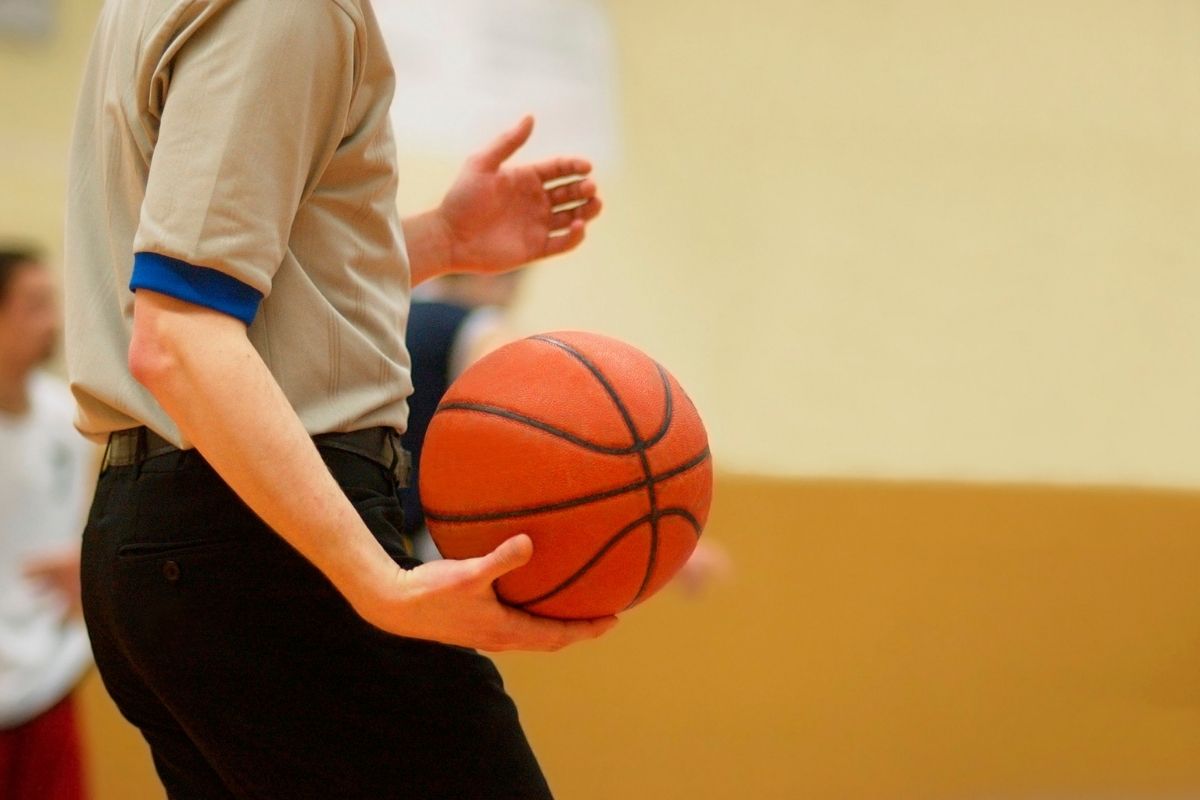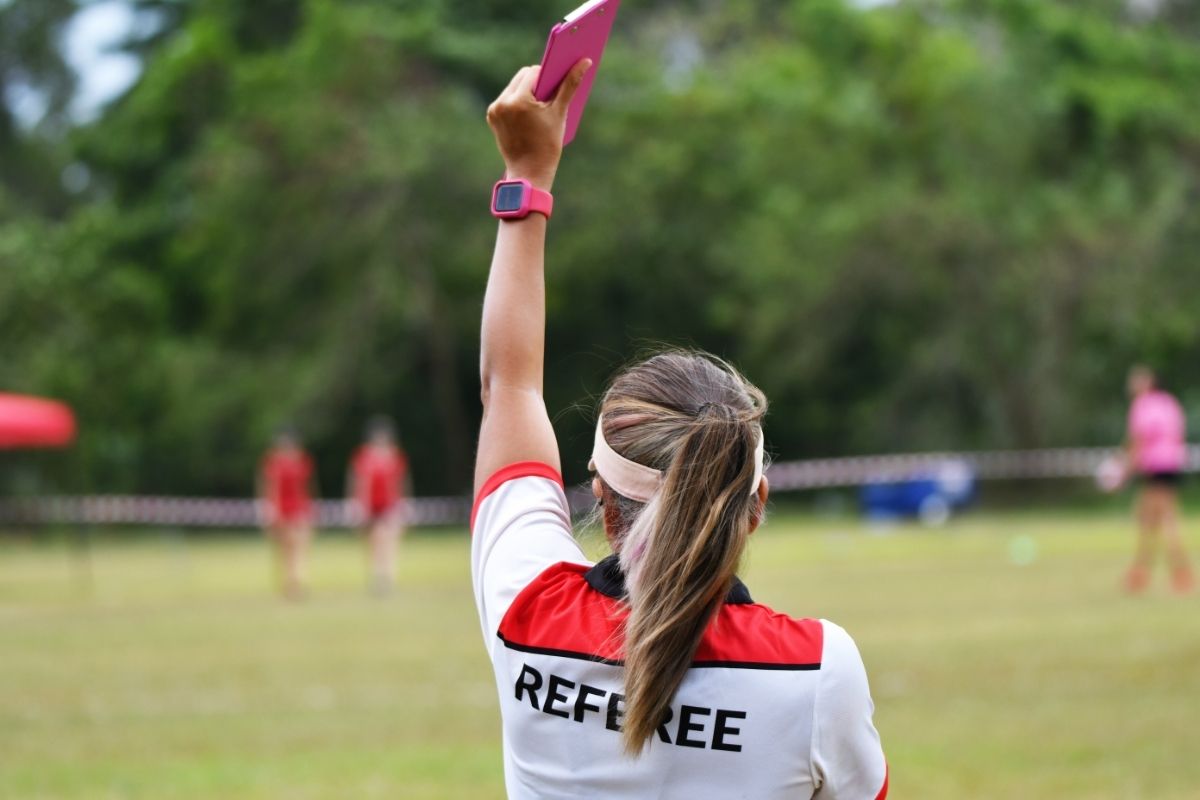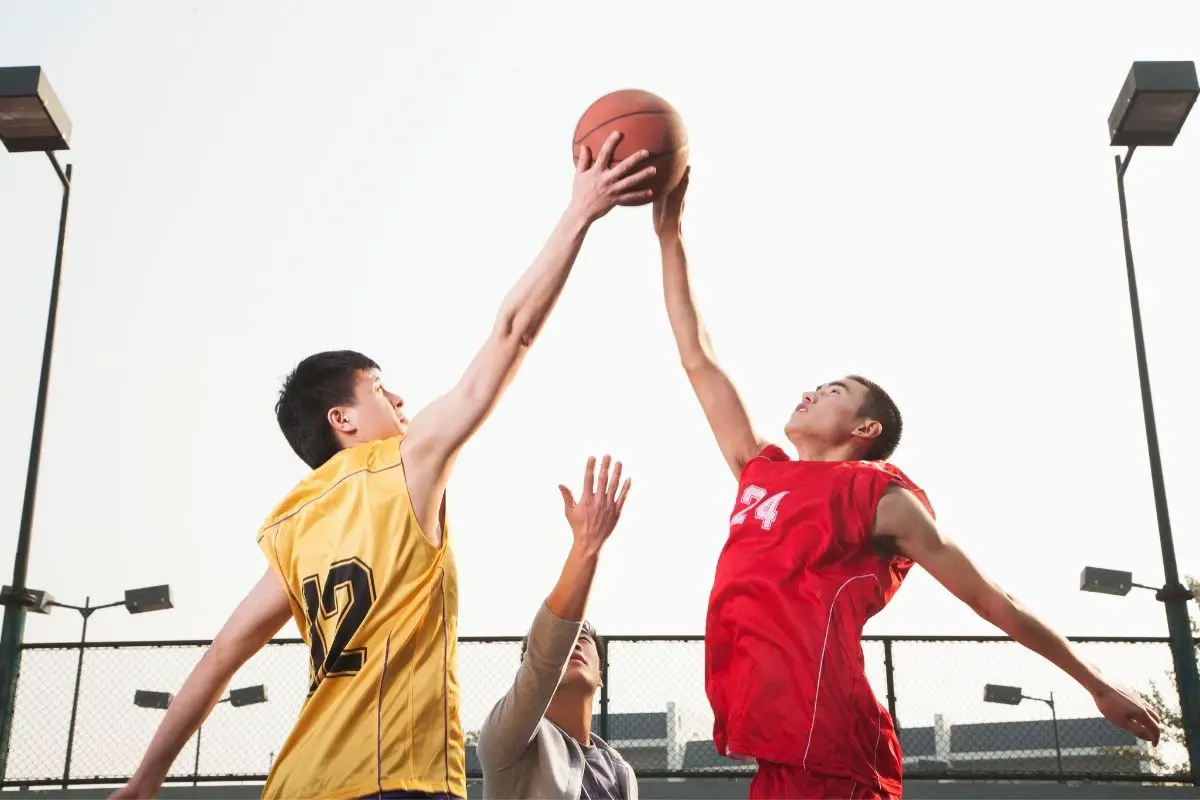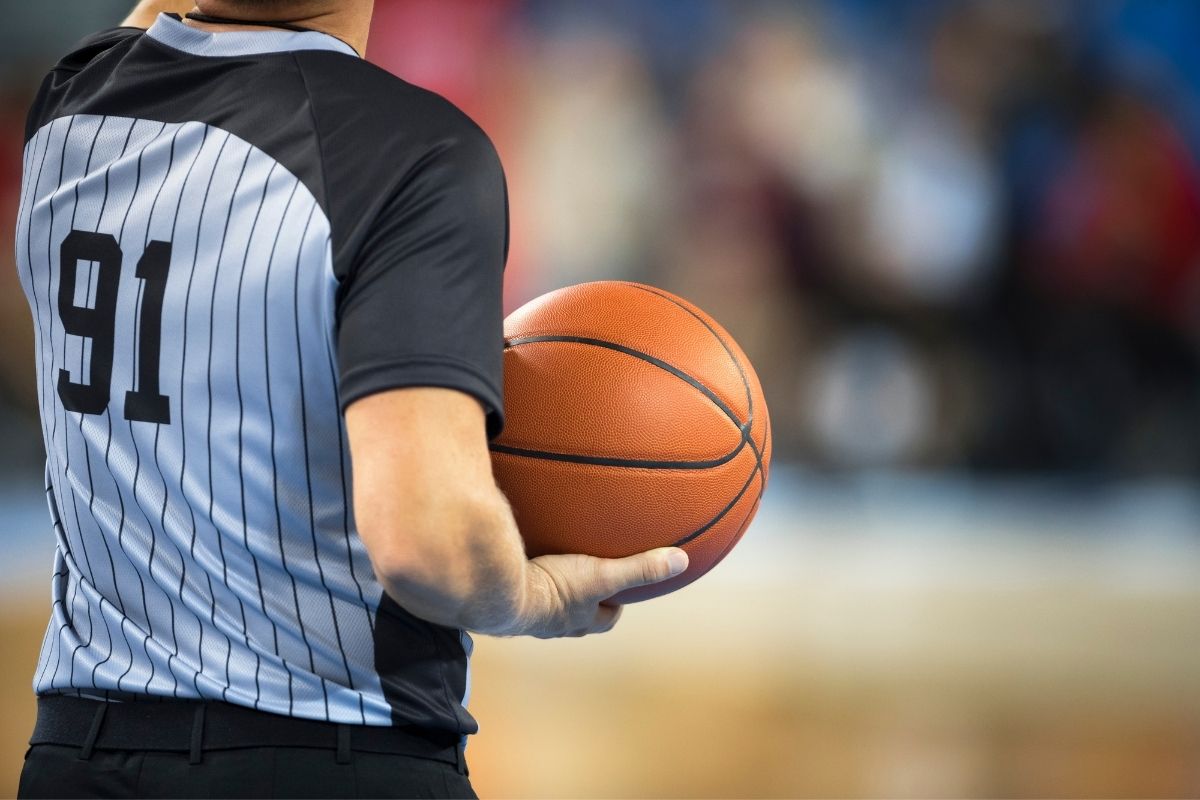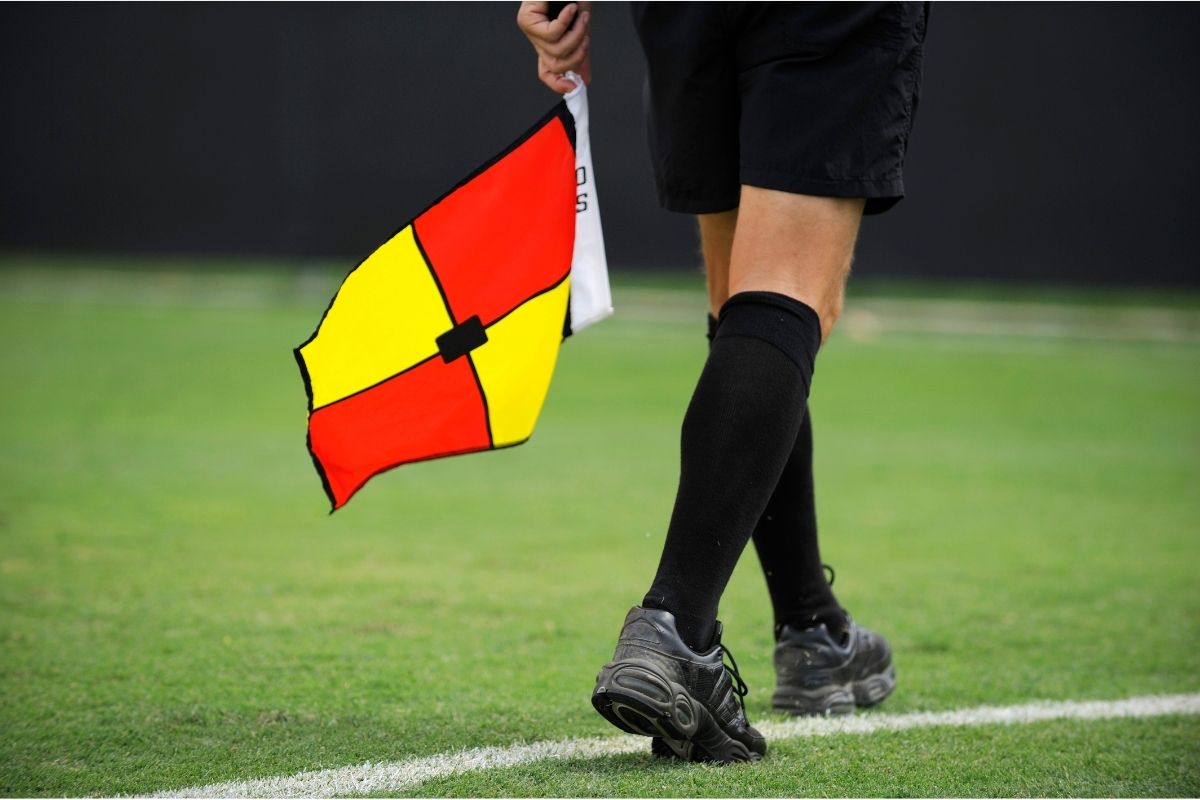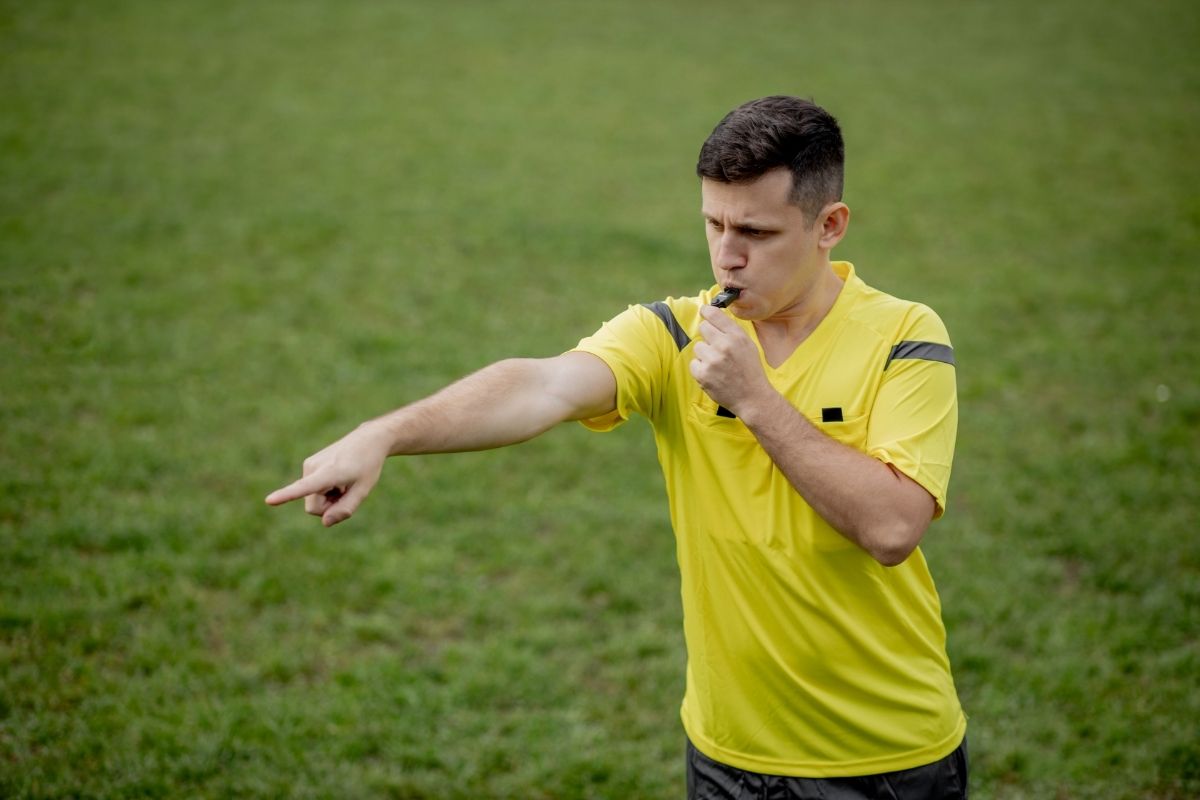Referees are some of the fittest athletes in any sport. They need to be quick, agile and have lightning-fast reactions to cover as much ground as possible during peak gameplay. Referees also need to have an exceptional understanding of the rules so that they know when there is a foul, or if a team breaks a rule.
Given all of these demands, it’s no wonder that many referees and assistant referees get their training through sports like soccer and basketball.
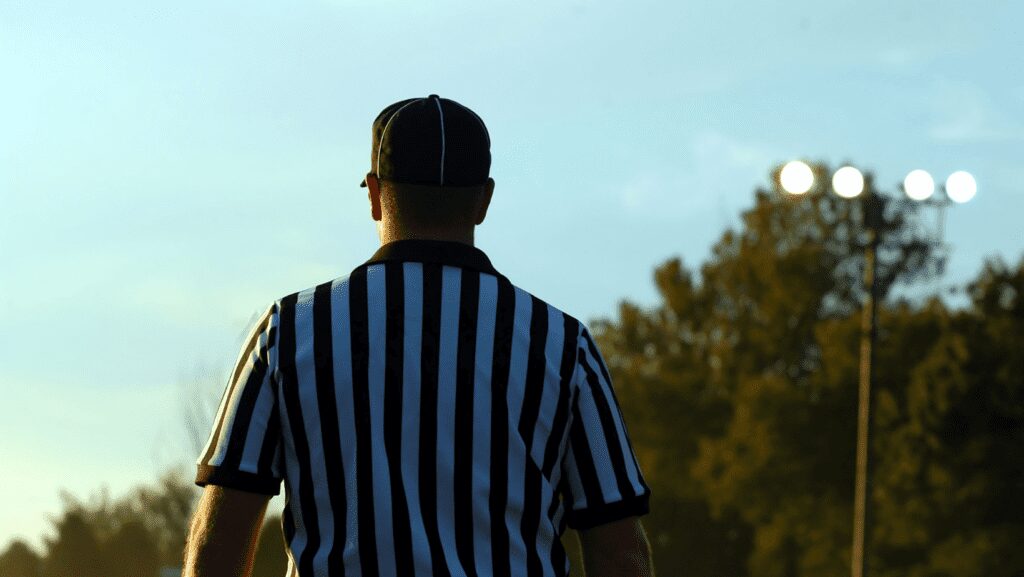

To become an official referee at any level of competition, you need to have certain fitness requirements for your physical readiness test.
What fitness do refs require? (and assistant referees )
Here are the top five fitness requirements for being a referee that every aspiring official needs to know:
Endurance
One of the most important fitness requirements for referees (or assistant referees) is endurance, which is the ability to maintain a constant amount of physical exertion for a prolonged period of time. This is sometimes measured with either the Interval Test or the Repeated Sprint Ability national referee test.
Referees need to be able to run several miles while keeping up with the action on the court, field, or ice. As such, endurance is one of the most important fitness requirements for becoming a referee or match official.
Not only will it help you remain active and fit throughout the game, but it will also help you recover quickly after each game or match. There are a number of ways to increase your endurance, including aerobic exercises like jogging, swimming, or cycling.
Low-impact activities that involve large muscle groups are generally better for building endurance as they lead to less injury and fatigue than activities that involve smaller muscle groups.
A combination of both endurance and speed-related exercises is ideal for preparing for a fitness test.
Agility
Agility is the ability to quickly change from one movement to another and efficiently change directions when running. It’s the ability to move your body quickly and strategically in order to avoid collisions with other players.
Referees and assistant referees need agility to be able to dodge players and stay out of the way during play. There are a number of ways to improve your agility, including agility drills, plyometric exercises, and sport-specific training. Agility drills include things like jumping over cones, jumping over small hurdles, or even jumping rope.
Plyometric exercises involve explosive movements like jumping, bounding, or even standing jumps off a bench. Sport-specific training, however, is probably the best way to increase agility. This type of training involves the actual movements used in your chosen sport, so it can be very effective at improving agility.
For referees, this can include jumping to call off a foul or even using tennis or basketball drills.
Strength
The ability to move your body or a heavy object against a force, like gravity, is called strength. The amount of weight you can squat is a good indicator of your strength. How can you build strength as a referee?
The best way is to use free weights, like a barbell or dumbbells. You can do single- or multi-joint exercises, like the squat, bench press, shoulder press, or bent-over row.
It’s also important to use a challenging weight during your workout. If you can lift more than once with the same weight, it’s too light. You want to challenge your muscles with enough weight that you can only lift the weight one time.
When it comes to the best fitness requirements for being a referee, it’s important to note that referees don’t need to be overly muscular. They do, however, need to have enough strength to maintain a neutral position while calling a game.
For this reason, it’s important to focus on using mostly large muscle groups like the legs, back, shoulders and chest. Referees also need to have a neutral spine position during games, which is why it’s important to avoid working smaller muscle groups like your abs and biceps.
Speed and Quickness
Speed is the ability to move your body quickly over a short distance. It’s important for referees to be able to move quickly to keep up with the action during a game.
Speed and quickness are also important in order to make correct calls, like when a player is given a foul. There are a number of ways to improve speed and quickness. The best option is to incorporate a mix of speed- and agility-related exercises into your routine.
One example of an effective speed- and agility-related workout would be to do three 30-second bursts of speed-walking followed by 30 seconds of low-intensity jogging.
For a simple speed-and-quickness-related workout, all you need to do is run from one end of the court or field to the other as quickly as possible. At the end of your workout, you should do some exercises that target the lower body to improve quickness.
Core Strength
The core is the entire network of muscles that make up your abdomen, lower back, and hips. It includes the muscles you use to maintain an upright posture and keep your upper and lower body connected.
For referees, core strength is important in order to maintain proper posture when standing for long periods of time, as well as the ability to quickly get out of the way when necessary. There are a number of ways to improve your core strength.
One effective way is to do core exercises like planks, Russian twists, or goblet squats while holding a weighted object. You can also use resistance bands, a stability ball, or a TRX suspension trainer. By incorporating core exercises into your workout, you’ll improve your core strength while also improving your posture and keeping your spine healthy.
Official Fitness Test
Each sport is a little different and there are various requirements for each. Soccer match officials, football referees, basketball referees, baseball umpires, tennis judges, and others all have different requirements. Each one may have a different national referee requirement.
For instance, the official FIFA fitness test for soccer referees (match officials) consists of the following two tests that referees must pass.
- Repeated Sprint Ability (RSA), which measures the referee’s ability to perform repeated sprints over 40m. If a referee fails one trial out of the six, they should be given a seventh trial immediately after the sixth trial. If they fail two trials out of seven, the match official has failed the test
- Interval Fitness Test. The interval test evaluates the referee’s capacity to perform a series of high-speed runs over 75m interwoven with 25m walking intervals.
Conclusion
Next time you’re watching your favorite sport, take note of how fit the referees are. Referees need to be in great shape in order to call a game, and sometimes even multiple games, without getting tired.
Having proper fitness requirements for being a referee is a big part of the job, so make sure you are up to the challenge!
- Can You Play Pickleball on Grass? Tips and Tricks - June 12, 2023
- Do Pickleballs Wear Out? Everything You Need to Know - June 12, 2023
- Can You Play Pickleball on Concrete? A Guide to Playing on Hard Surfaces - June 12, 2023


